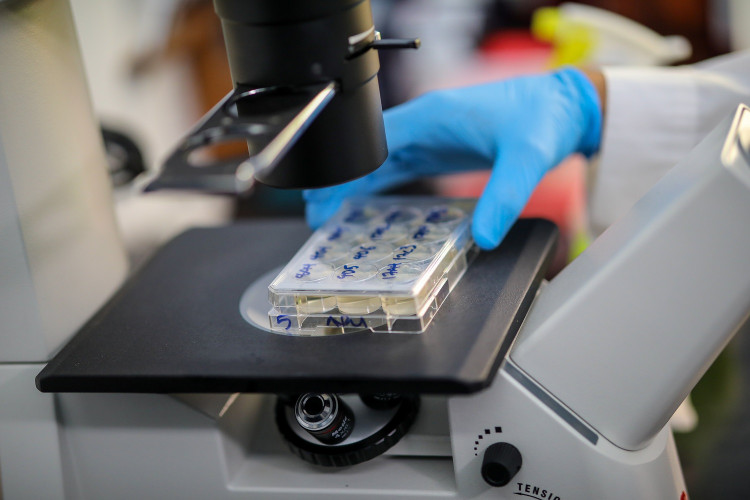In the future, we may see machines taking the burden off oncologies, with a new study finding that artificial intelligence can identify prostate cancer with near-perfect accuracy.
A study published in The Lancet Digital Health by UPMC and University of Pittsburgh researchers has detailed the highest accuracy to date in recognizing and characterizing prostate cancer using an AI program.
"Humans are good at recognizing anomalies, but they have their own biases or past experience," said senior author Rajiv Dhir, M.D., M.B.A., chief pathologist and vice-chair of pathology at UPMC Shadyside and professor of biomedical informatics at Pitt. "Machines are detached from the whole story. There's definitely an element of standardizing care."
Dhir and a team of researchers were able to train the AI program by exposing it to images from more than a million parts of stained tissue slides taken from biopsies of patients. Each image was labeled by pathologists in order to teach the AI how to identify the healthy tissues from non-healthy ones. Then they tested the model on another set of slides taken from patients suspected with prostate cancer at UPMC.
The test revealed that the AI program showed 98% sensitivity and 97% specificity at detecting prostate cancer. These figures are higher than previous tests conducted on tissue slides.
The researchers also reported that this is the only algorithm tested so far to detect other anomalies other than cancer, as it also performed significantly in tumor sizing, grading, and invasion in the surrounding nerves. All of these are important features in pathology reports. In addition, the algorithm also flagged six slides that were not labeled by the pathologists in the study.
Dhir noted, however, that the results of the study are in no way proof that machines have reached a level of superiority over humans. Human intervention is still needed.
For example, while evaluating cancer cases, the pathologist could have simply seen enough evidence of malignancy elsewhere in that patient's samples to recommend treatment. For pathologists with not enough experience, however, the AI program could be their failsafe in case they miss something.
The results of the test are promising, but Dhir cautions that new algorithms need more rigid training in order to detect different cases of cancer, considering the pathology markers are unique in each tissue type. He believes, however, that this technology can be developed even further in order to work with other types of cancers.






